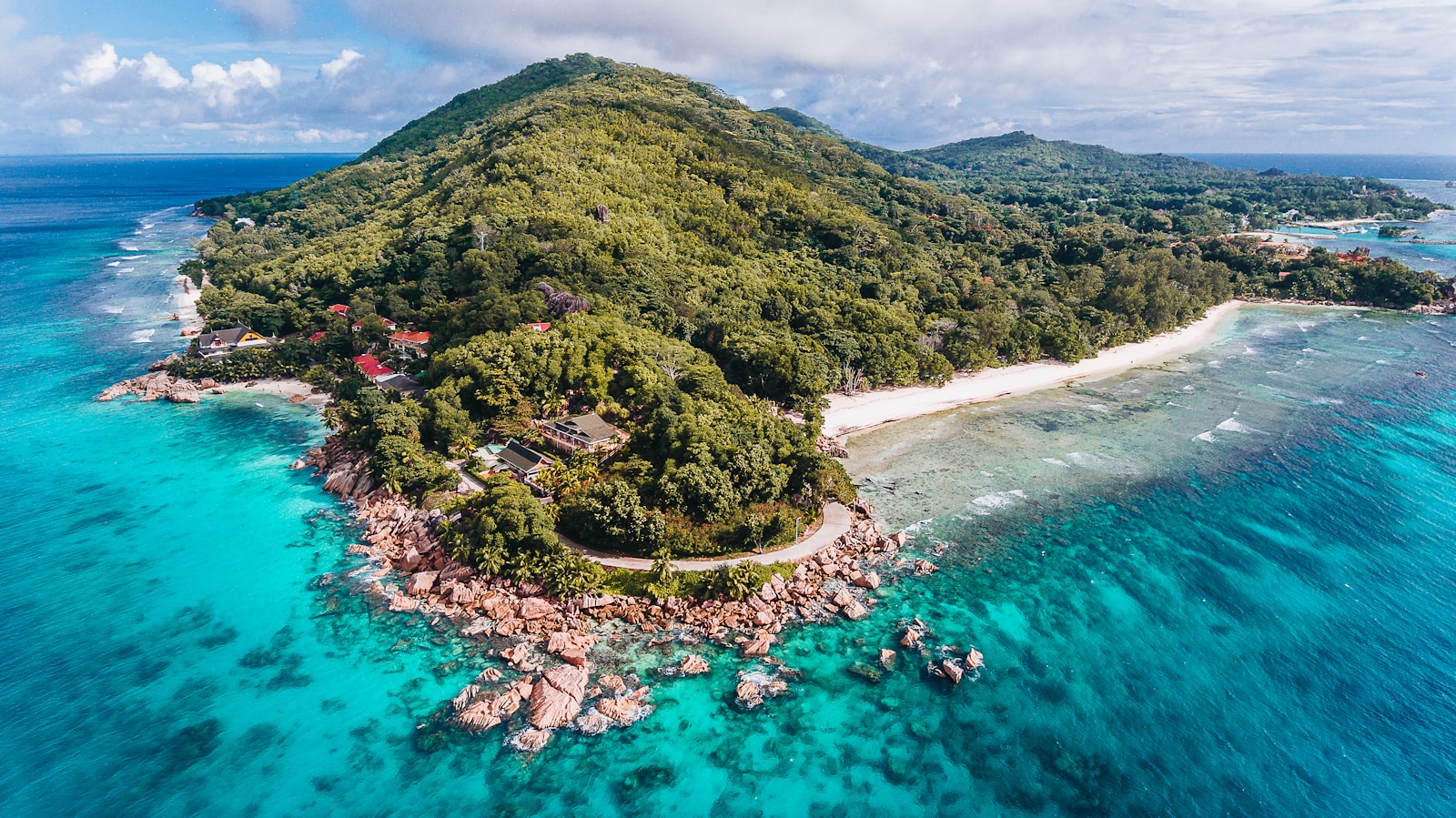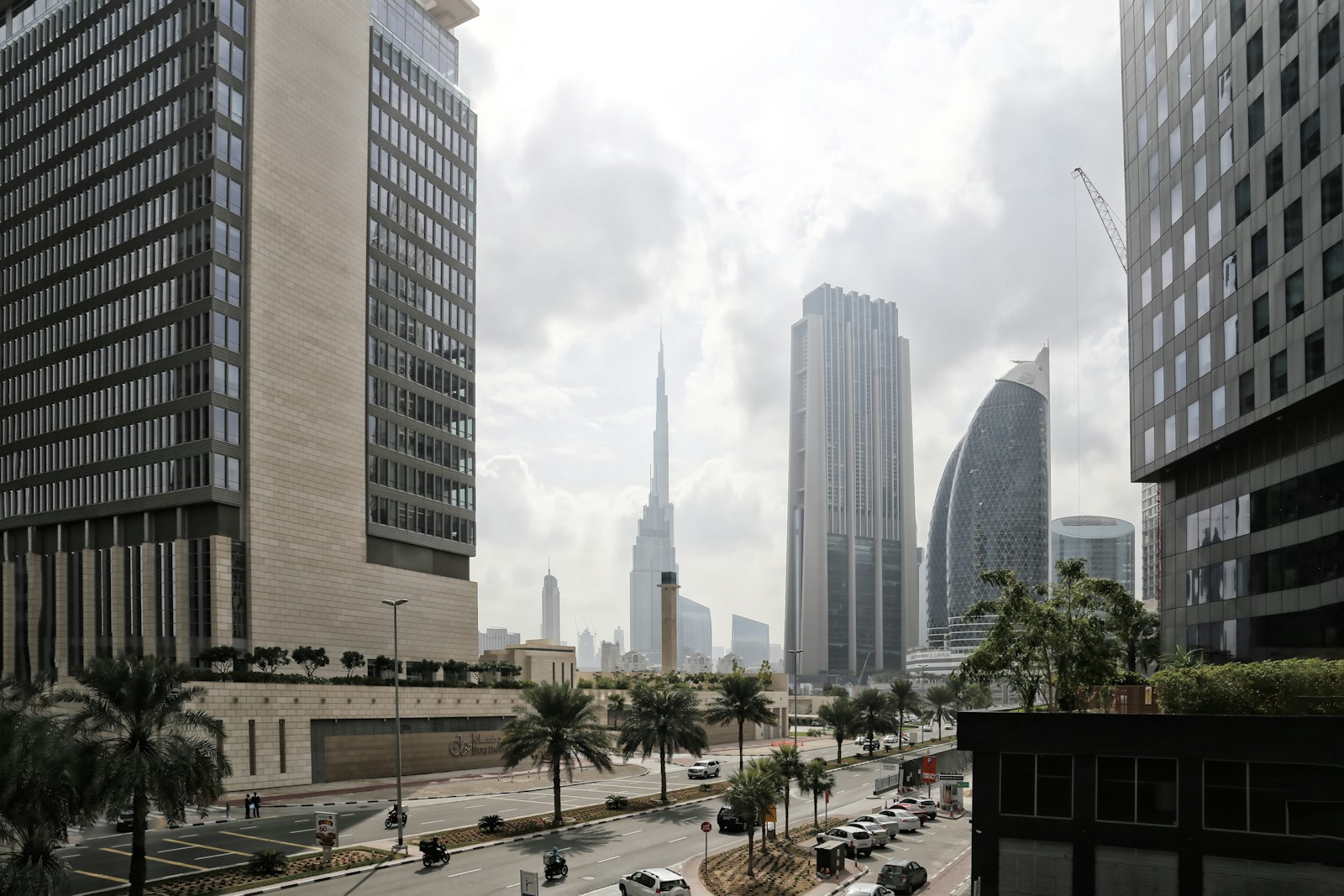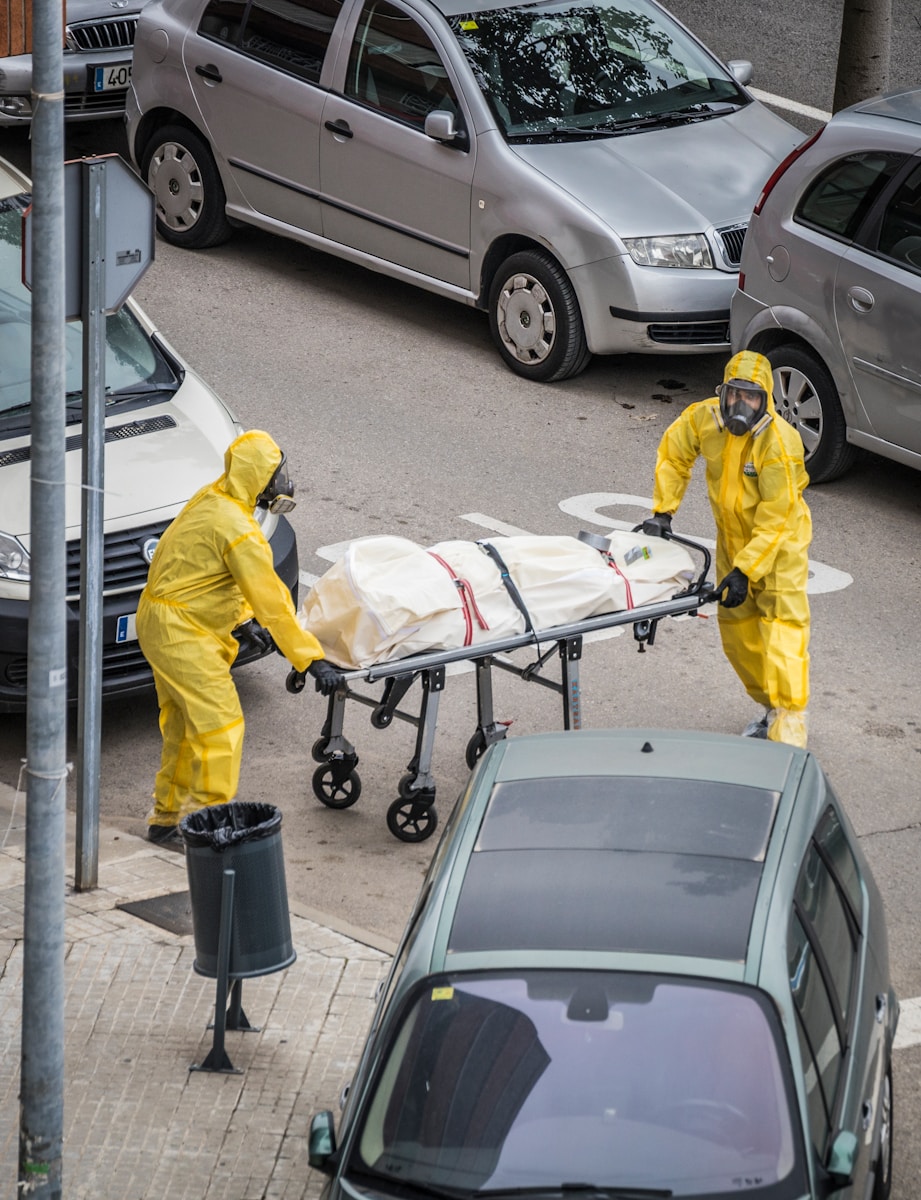Introduction
South Africans Trapped in a war zone are living every moment in fear. The situation has drawn national and international attention after the South African government confirmed that 17 citizens are stuck in the dangerous Donbas region of Ukraine. These men, aged 20 to 39, reportedly traveled to the country after being recruited to join private military forces. Sixteen of them are from KwaZulu-Natal, and one is from the Eastern Cape.
Families of the men say they were promised good salaries and safe working conditions, but upon arrival, they were taken near active battle zones. Some men now claim they were misled into believing they would be doing basic protection work but instead were forced closer to front-line conflict. Communication with loved ones is unstable, and every call could be the last.
President Cyril Ramaphosa has since ordered a full investigation to determine how the recruitment took place, who organized it, and whether any laws were violated. Meanwhile, the priority remains clear: bring the men home before the situation worsens.
South Africans Trapped in Donbas: How the Crisis Started
South Africans Trapped in the Donbas region did not anticipate they would be thrust into war. According to relatives, many of the men were lured through online advertisements promoting overseas security jobs. The ads promised stable salaries, accommodation, and travel arrangements. The recruiters reportedly used professional-looking job posts, contracts, and fake recruitment letters to build trust.
Once in Ukraine, the men had their passports taken away, and transportation was arranged to move them toward the combat zone. When they began realizing the danger, it was already too late. They were supervised by armed personnel and could not simply walk away.
The Donbas region is one of the most volatile and militarized areas in the world, where heavy artillery exchanges and drone strikes are frequent. The threat level changes every hour, and those without proper military documentation or diplomatic protection have almost no chance of crossing guarded checkpoints.
Families say the men are surviving on limited food rations and living in abandoned storage areas or makeshift shelters. Some have shared voice notes describing explosions nearby and begging for rescue.
South Africans Trapped Government Response Desk Activated
South Africans Trapped in Donbas are now the focus of a dedicated government response team. The Department of International Relations and Cooperation (DIRCO) has set up a special emergency coordination desk to manage all information related to the crisis. The desk is responsible for:
- Verifying the identity of each individual
- Tracking their location using secure communications
- Coordinating with foreign embassies and humanitarian groups
DIRCO is working closely with military conflict–evacuation specialists who have experience extracting civilians from dangerous zones. Due to the delicate nature of the situation, officials are avoiding public disclosures that could compromise the men’s safety.
The department has also assigned dedicated agents to communicate with the families of the South Africans Trapped, giving updates on rescue plans, logistics, and diplomatic negotiations. Families have been instructed not to reveal details publicly, as media exposure may increase risks for the trapped men.
South Africans Trapped Investigation Ordered by President Ramaphosa
South Africans Trapped in a foreign war zone have forced the presidency to take immediate action. President Cyril Ramaphosa has ordered a full investigation into the recruitment network that facilitated their departure. Preliminary evidence suggests that a private military recruitment ring may have been illegally operating within South Africa.
South African law is clear on this issue. The Foreign Military Assistance Act strictly prohibits South Africans from working as mercenaries or joining foreign armed forces without government permission. Violations may lead to criminal charges.
Detectives from the Hawks and intelligence services are already tracing:
- Recruitment agents
- Financial transactions
- Social media advertisements used to lure the men
Officials believe that poverty and unemployment made the recruits vulnerable. KwaZulu-Natal has one of the highest unemployment rates among young men, making them easy targets.
South Africans Trapped Families Plead for Government Intervention
South Africans Trapped in the conflict zone have left their families feeling helpless. Parents describe sleepless nights, constant anxiety, and emotional distress. They keep their phones fully charged at all times, terrified of missing a call or message from their sons.
Many families say they tried to warn their sons before they left, but the promise of overseas income overshadowed their concerns. A mother from KwaZulu-Natal told officials that her son believed he would be working in a “safe zone” as a security escort, not in a battlefield. Another parent reported receiving a message that simply said, “If anything happens to me, take care of my kids.”
Support groups have formed on social media, where families share updates and provide emotional support to one another. Several community organizations and churches have joined the appeal, pressuring the government to expedite the rescue mission.
South Africans Trapped Diplomatic Evacuation Strategy in Motion
South Africans Trapped in a war zone require careful diplomatic coordination. Because South Africa does not have diplomatic presence in the Donbas region, evacuation depends on cooperation from multiple foreign entities. The government is currently pursuing a three-phase extraction strategy:
- Confirm exact location of each citizen.
- Obtain diplomatic authorization from regional authorities.
- Evacuate the individuals through a controlled border crossing.
DIRCO is working with humanitarian agencies based in Poland and Romania, countries that have become primary exit routes for foreign nationals fleeing the war. If clearance is granted, the trapped men could be escorted through Ukraine and then flown back to South Africa.
Officials emphasize that the process is complex because the men are classified as foreign combatants, not tourists or civilians.
South Africans Trapped May Face Legal Charges After Evacuation
South Africans Trapped in the conflict may face legal consequences after they return home. While the government is committed to their safe rescue, authorities cannot ignore possible violations of the law. The Foreign Military Assistance Act exists to prevent South African citizens from being used as soldiers-for-hire.
Security experts believe the government will review:
- Whether they knowingly joined a foreign armed group
- Whether they received payment as mercenaries
- Whether recruitment agents violated South African law
DIRCO has stated that saving lives comes first, and legal matters will be handled after evacuation. However, government officials also warn that allowing this incident to go unaddressed could encourage similar recruitment in the future.
South Africans Trapped and the Global Rise of Mercenary Recruitment
South Africans Trapped in Ukraine are part of a growing global trend. Economic vulnerability has caused an increase in young men accepting risky jobs abroad, especially those advertised through social media. Recruiters use phrases such as “private security,” “VIP protection,” or “risk consulting,” making the jobs sound legitimate.
Once individuals travel overseas, they are stripped of autonomy and pressured into joining conflict operations. In some cases, their identification documents are taken away to prevent escape. Experts say that this incident is a wake-up call for South Africa and other developing countries.
Governments worldwide are now considering new regulations for recruitment agencies that operate online. South Africa is exploring ways to prevent such deception from happening again.
South Africans Trapped Humanitarian and Legal Concerns
South Africans Trapped in a war zone face severe humanitarian risks. Because they are not registered soldiers of an official national army, they are not protected under prisoner-of-war regulations. This means they can be detained, interrogated, or prosecuted under foreign law.
Human rights organizations warn that unauthorized combatants are often treated harshly during detention. If caught, they may be imprisoned indefinitely without trial.
The trapped men are currently focusing on survival. They have limited access to medical care and food. Winter is approaching, and the region is already experiencing freezing temperatures, increasing the urgency of evacuation.
FAQs
South Africans Trapped: Why are they unable to leave Ukraine?
They are stuck in an active war zone without legal documents, permits, or safe transportation.
South Africans Trapped: Is the government working on evacuating them?
Yes. DIRCO and foreign missions are coordinating rescue strategies and diplomatic approvals.
South Africans Trapped: Will the men face legal action when they return home?
Possibly, depending on whether they violated the Foreign Military Assistance Act.
Conclusion
South Africans Trapped in the Ukraine war zone are facing extreme danger and uncertainty, with limited food, unsafe shelter, and no legal way to escape. Their families are living in fear, while the government races against time to secure their safe return. Although legal consequences may follow once they are home, the immediate priority is saving lives. As diplomatic negotiations continue, the entire nation is united in hope that every trapped citizen returns safely.




